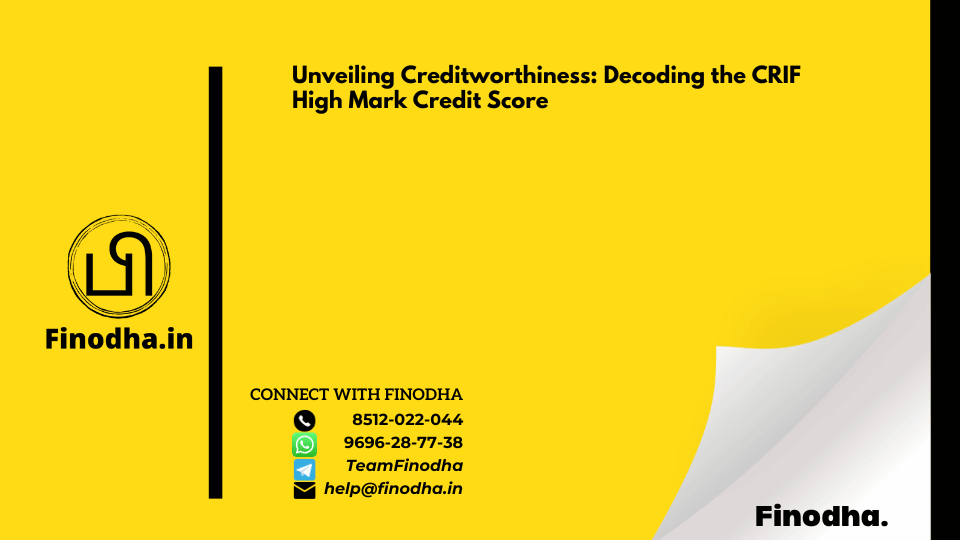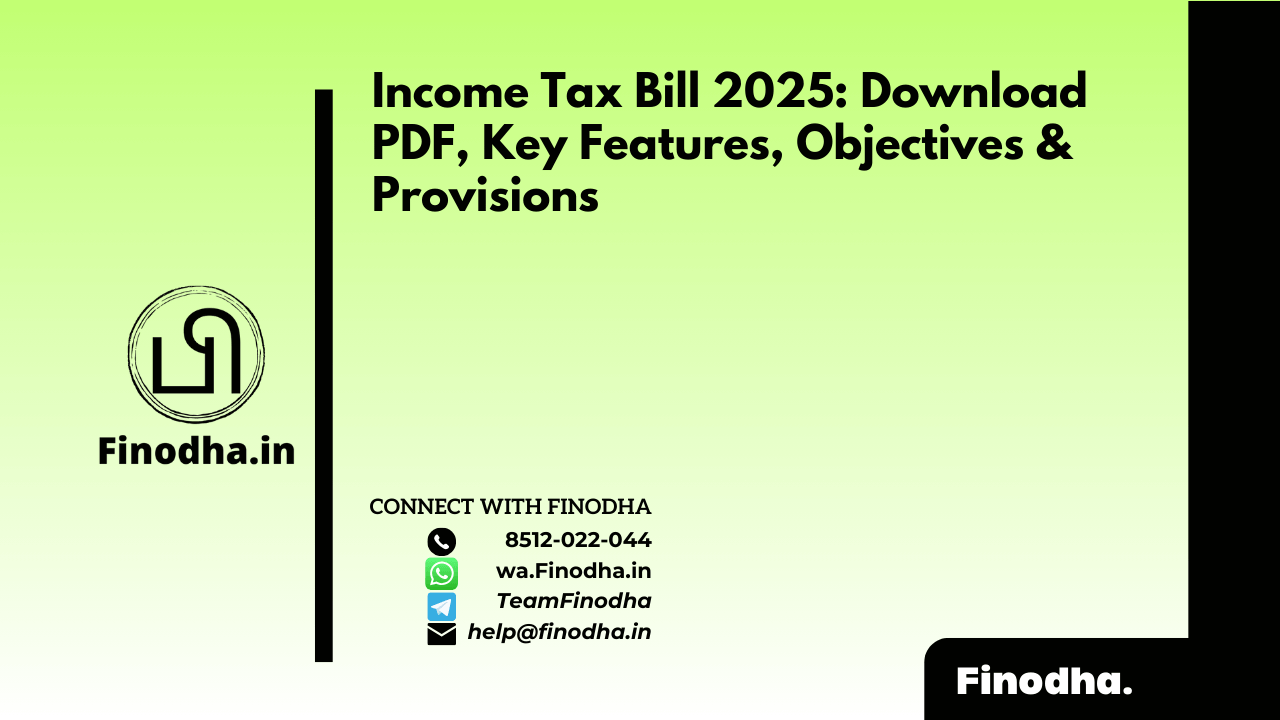Important Keywords: CRIF High Mark, creditworthiness, credit score, financial decisions, Microfinance database, lending practices, Indian finance, credit history, loan eligibility.
Table of Contents
Introduction:
Unlocking the mysteries of creditworthiness takes center stage with CRIF High Mark, a credit information company reshaping the financial landscape in India. In this exploration, we traverse the origins, services, and the vital role CRIF High Mark plays in defining an individual’s or company’s creditworthiness. Let’s unravel the complexities of credit scoring and its impact on financial decisions.
Advantages and Disadvantages:
Advantages:
- Comprehensive Credit Information: It maintains a robust database encompassing both individual and non-individual consumers, providing comprehensive credit information to lenders.
- Pioneer in Microfinance Database: As the pioneer in building the world’s largest Microfinance bureau database in India, CRIF High Mark stands at the forefront of shaping credit information practices.
- Tailored Services for Sectors: The company’s services extend to both commercial and microfinance sectors, catering to the specific needs of diverse businesses and individuals.
Disadvantages:
- Credit Scoring Limitations: While credit scores provide valuable insights, they have limitations and might not capture the entirety of an individual’s financial profile.
Understanding CRIF High Mark Credit Score:
Origins and Evolution: Established in 2007 as CRIF, the company gained the license to operate as a credit bureau in 2010 from the Reserve Bank of India (RBI). In 2014, it acquired major stakes in High Mark, evolving into CRIF High Mark.
Services and Database: It specializes in maintaining credit scores and credit reports for consumers, ensuring a comprehensive record of credit-related activities. This includes transactions related to loans and credit cards, serving as a valuable resource for lenders.
CRIF High Mark Credit Score Categories:
Very Low (300-500):
- Indicates a poor credit track record.
- High risk of defaulting on payments.
- Chances of obtaining credit are minimal.
Low (500-650):
- Signifies a history of payment defaults.
- Limits eligibility for many lenders.
Great (650-750):
- Indicates a lower risk of payment defaults.
- Ideal for a variety of lenders.
Excellent (750-900):
- Reflects extremely reliable credit behavior.
- Lenders willingly extend credit to customers in this category.
In the Indian Context:
Scenario: Consider an Indian individual aiming to secure a home loan. Their CRIF High Mark credit score falls within the “Excellent” category.
Implications:
- The individual is deemed highly creditworthy by lenders.
- Lenders offer favorable terms and interest rates for the home loan.
Insights and Key Learnings:
- Creditworthiness Impact: CRIF High Mark’s credit score significantly impacts an individual’s ability to secure loans and credit on favorable terms.
- Continuous Monitoring: Regularly monitoring one’s credit score is essential for maintaining and improving creditworthiness.
Conclusion:
In the dynamic realm of finance, CRIF High Mark emerges as a guiding force, shaping credit narratives and influencing lending decisions. Understanding the nuances of credit scoring becomes imperative for individuals and businesses seeking financial stability and growth.
Embark on a journey through the intricacies of credit scoring with CRIF High Mark, where financial destinies are shaped, and creditworthiness takes center stage. In the pursuit of financial goals, unlocking the power of credit information becomes a beacon for informed and strategic decisions.
Read More: Unveiling the Movable Wealth: Navigating the Realm of Chattel in Financial Decisions
Official Income Tax Return filing website: https://www.incometax.gov.in/iec/foportal/
Official GST common portal website: https://www.gst.gov.in/




